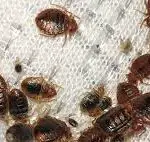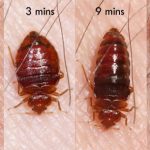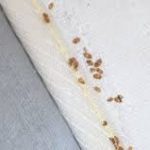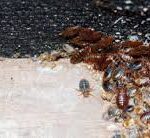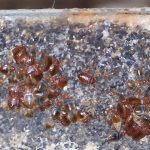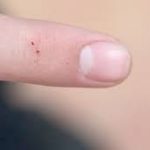Why Do Bed Bugs Itch and Burn?
If you have ever been bitten by a bedbug, you know how itchy and painful they can be. The chemical substances in the bugs’ saliva make them itch. You can avoid scratching the bites by washing them with soap and water. You can also apply an anti-itch cream. Oral antihistamines or over-the-counter steroid creams may also provide relief. However, keep in mind that you should avoid oral antihistamines and topical steroid creams for babies and young children. You can also use a bandage to cover up the bites, as it will protect the area from infection.
Bedbugs can pierce the skin with their proboscis, a long, thin tube that protrudes from their bodies. They are active during the night when people sleep. Their bites do not transmit disease, but they can cause an allergic reaction or a skin infection. If the skin infection is severe enough, bedbug bites can also lead to anemia or other blood disorders. Moreover, bedbug shells can irritate a person’s skin.
While bedbug bites are not painful, they may produce a red, itchy welt. Bedbug bites are sometimes mistaken for mosquito bites. However, mosquito bites tend to be sporadic and isolated, so they are not easily confused with bedbug bites. Bedbug bites may take several days to manifest themselves, making the symptoms more difficult to detect. Nevertheless, people who are allergic to bedbugs can suffer from severe itching and burning.


